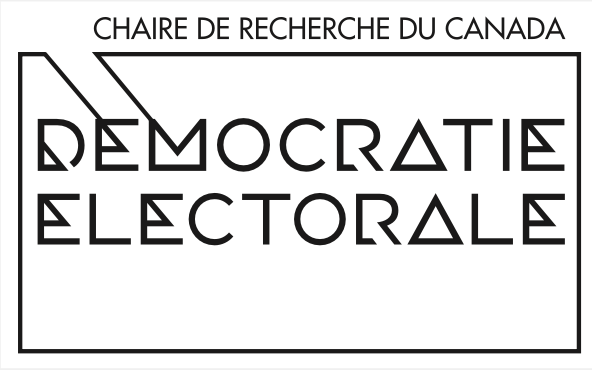Electoral Chair’s Seminar – 13 December
Stereotypes and Stereotyping : Measuring the Accuracy of Lifestyle-Based Judgments on Political Affiliation
Catherine Ouellet – Université de Montréal
People often draw inferences about others’ underlying characteristics from single and static samples of their appearance, such as facial features, or attractiveness. Evidence also suggests that these judgments occur spontaneously and rapidly. Are humans also able to detect political preferences based on appearance? The following article examines to what extent observable lifestyle characteristics in particular influence people’s judgments about one’s political affiliation and, more importantly, to what degree these judgments are accurate. A conjoint analysis allows the identification of the specific lifestyle cues that people use to infer one’s political affiliation. These results are then contrasted with a large and unique dataset (n = 64 745), enabling the measure of the validity of these cues, and to distinguish cues that promote accurate inference from those that lead people astray. Preliminary results suggest that certain lifestyle characteristics, such as the type of car or leisure activities, are clearly associated with different political parties, at least in people’s minds. Results also suggest that, despite the potential detrimental effects of appearance-based judgments, people are generally pretty good at guessing others’ political preferences. This study contributes to a growing body of research on the relationship between lifestyle and political preferences and, more generally, sheds light on the diagnostic value of appearances in everyday social judgments. Theoretical and practical implications are also discussed.

This content has been updated on 6 December 2023 at 13 h 42 min.